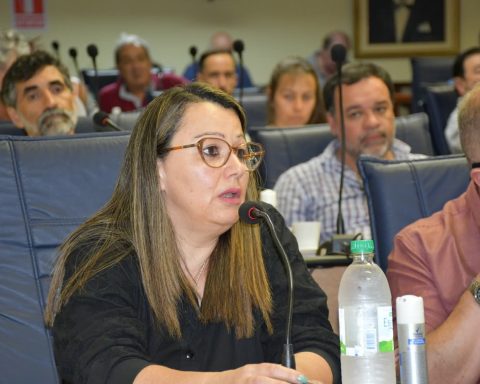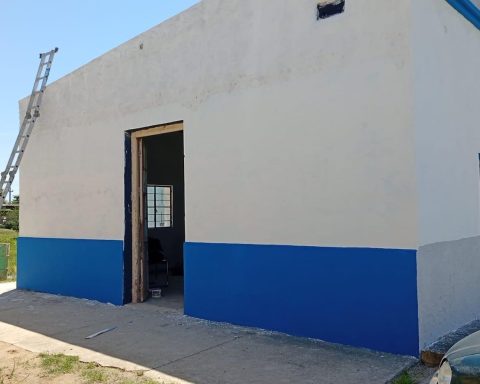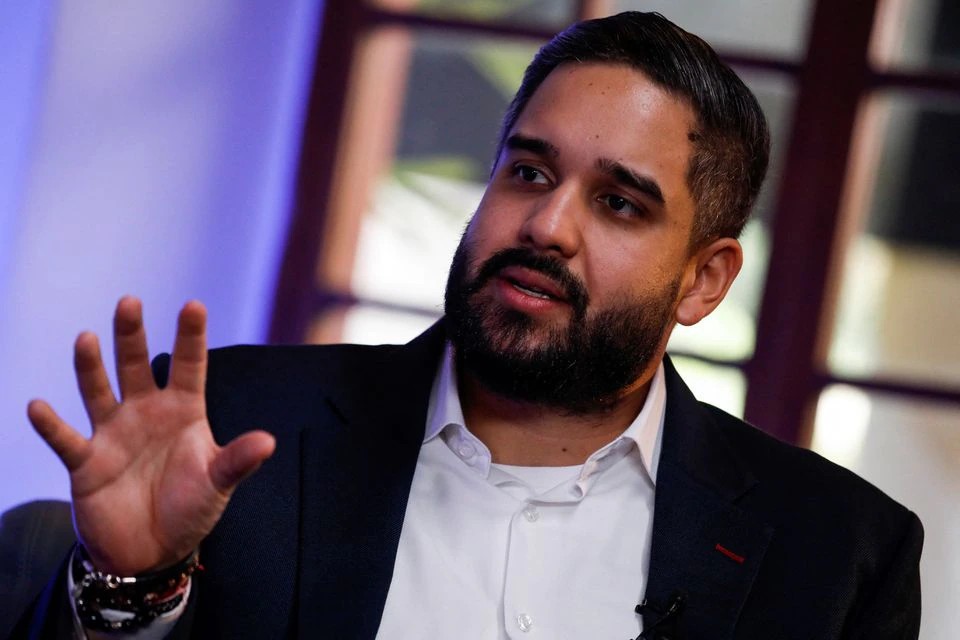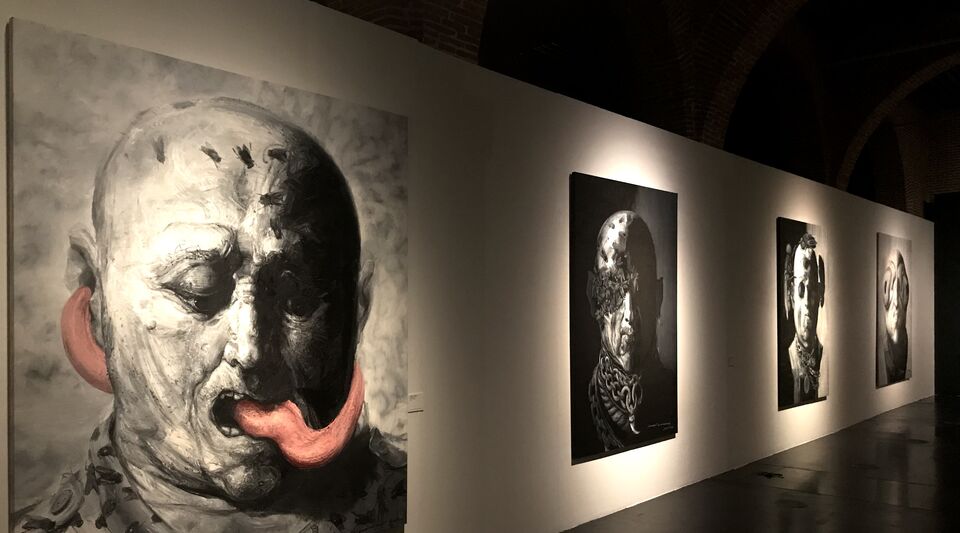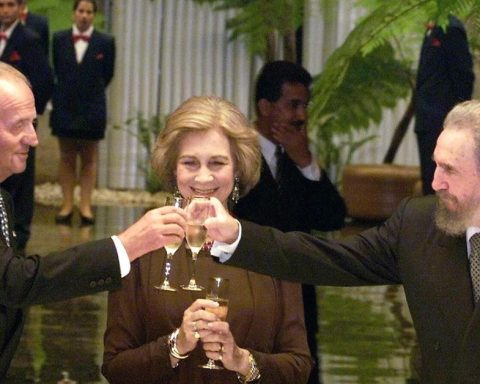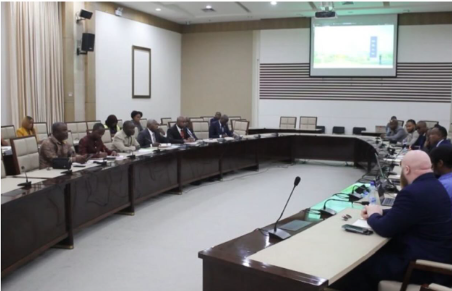The deans of the main faculties of Economic Sciences and Administration and of the business schools of Uruguay spoke with Coffee & Business about the qualities of people who decide to professionalize in business leadership positions.
The new role of young people, professionalization and resistance to change
ORT Uruguay University.
Gaston J. Labadie, founding dean of the Faculty of Administration and Social Sciences of the ORT Uruguay University.
For the founder and current dean of the Faculty of Administration and Social Sciences of the ORT Uruguay University, Gaston Labadie, although there is no typical profile in terms of age, years of experience and education of the “business man or woman” in Uruguay , there is a growing trend of university and postgraduate training among people who already occupy leadership positions and business managers in the country.
Labadie points out that there has been a positive change in terms of the participation of women in these roles. In addition, she mentions that young people also play an important role in the business world today, especially in the field of startups and ventures, which leads them to become professional in the knowledge of high leadership positions.
For the dean with an extensive professional and academic career, which includes a doctorate in Sociology of Organizations and Work from Michigan State University, leadership in most private organizations in Uruguay used to be traditional, focused on the leader who led and focused on tasks and control. However, in recent years, there has been an evolution towards a more professional, strategic leadership oriented towards teamwork and customer satisfaction.
Labadie highlights as strengths of the Uruguayan business environment the search for consensus and non-extreme solutions, as well as the closeness and accessibility of other business leaders in the local market. However, he mentions that some weaknesses include the lack of diversity in certain areas and resistance to change due to a risk aversion in the Uruguayan culture.
Predominance of women, lack of soft skills and ICTs

Faculty of Economic Sciences and Administration.
Jorge Xavier, dean of the Faculty of Economic Sciences and Administration (Udelar).
In the field of postgraduate courses in Administration, Economics and Accounting at the University of the Republic, the profile of the “business man or woman” is around 34 or 35 years old, details the dean of the Faculty of Economic Sciences and Administration (FCEA), Jorge Xavier. Most of them, in turn, (75%) are professionals trained in that public school, where women have a slight predominance (58%).
The strengths of business professionals in Uruguay lie in their solid training in specific areas of knowledge, explained the dean of the FCEA who held various management positions at the Central Bank and has an extensive academic career.
However, Xavier identifies two significant weaknesses. First, the lack of training and experience in “soft” skills or social and emotional competencies. Second, a low inclination towards entrepreneurship, entrepreneurship, innovation and decision-making under conditions of uncertainty.
However, a greater development of these skills has been observed in the area of management of companies linked to Information Technology, which are studying the MBA (Master of Business Administration, for its acronym in English).
When youth subtracts seriousness and exchange experiences

UCU Business School
Marcos Soto, director of the UCU Business School.
The dean of the business school of the Catholic University of Uruguay, UCU Business School, Marcos Soto, emphasized the idea that a “business man or woman” in Uruguay is a broad definition, which has evolved over time.
Soto mentioned that the entrepreneurial ecosystem has undergone changes in terms of profiles in favor of men and industry sectors. However, gender and age biases still persist, where in many sectors a certain age is still required to access relevant positions, despite the fact that seniority does not necessarily correlate with experience.
Regarding the strengths and weaknesses of business leadership in Uruguay, Soto highlighted the increasing professionalization of those who run businesses, which he considers a strength that must be deepened. He also highlighted the incorporation of a global vision in business leadership, essential for the development of companies based in Uruguay.
On the other hand, the former manager of the consulting firm PriceWaterhouseCoopers for Uruguay, and later for Brazil, mentioned that the weaknesses lie in the lack of boldness and the tendency to stay in the comfort zone, as well as the need to think strategically instead of to focus exclusively on daily tasks.
For the master’s degree in business administration, people who enter the business school generally seek comprehensive training in decision-making and access leadership positions in their companies or improve their skills and knowledge.
Regarding the skills with which students arrive at UCU Business School, Soto mentioned that they usually have good analytical skills and a solid foundation from their degree training. However, he highlighted the shock they experience when faced with new learning methodologies, where they are expected to develop critical thinking skills, effective communication, and solid foundation of opinions.
The value of introspection for the leader and local bureaucratic barriers

Leonardo Carreno
Gerardo Beramendi, dean of IEEM, UM business school.
Dean and Professor of Accounting and Financial Management at IEEM, the business school of the University of Montevideo (UM), Gerardo Beramendi, who recently returned to Uruguay after 25 years of corporate experience working for The Coca-Cola Company in the abroad, also shared her perceptions about the profiles of Uruguayan businessmen and women, based on her current and comparative experience with respect to the country she left more than two decades ago.
Beramendi highlighted that in Uruguay there is a growing entrepreneurial impulse, especially among young people dedicated to technology. In addition, he mentioned an extension of working life and earlier entry into business education.
The dean highlighted the growing role of women in business decision-making, noting a noticeably greater influence compared to the past. Although there is still a predominance of men in business, Beramendi noted that female participation is increasing, with 40% women in MBA programs and a growing presence of female entrepreneurs and business owners.
When asked about the strengths and weaknesses of Uruguayan businessmen and women, Beramendi indicated that a common strength is the ability to identify opportunities where others do not and act proactively.
However, he pointed out that there are bureaucratic barriers that make it difficult to start ventures in the country. Despite this, he highlighted persistence and the ability to overcome obstacles as a distinctive strength of Uruguayan entrepreneurs.
In terms of leadership, the dean, who has executive training in financial strategy, competitive advantage creation, and negotiation through the University of Pennsylvania, highlighted that learning is currently encouraged by interacting with others, comparing experiences, and practicing through of simulations. In addition, he emphasized the importance of introspection and reflection on purpose as part of leadership development that highlights the professional who exercises it.



